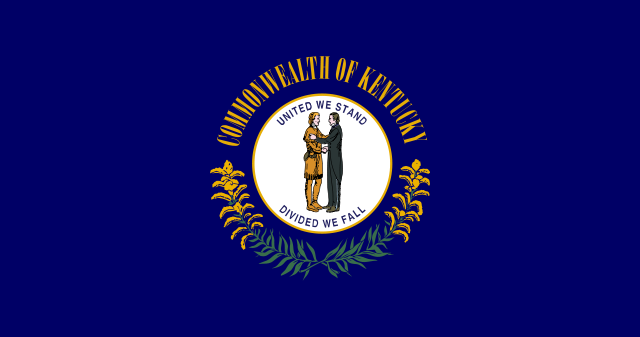A coalition of 150 investors – including pension funds from around the world – are calling on oil giants BP and Shell to provide greater transparency regarding the risks that climate change poses to their business models.
More from Chief Investment Officer:
The coalition, which includes pension funds from the UK, US, and Northern Europe, has submitted a resolution to BP outlining the articles they expect it to reveal. These resolutions can be voted upon by all shareholders in the companies. A similar resolution was submitted to Shell last month.
The resolutions include: Stress-testing their business models against the requirement to limit global warming to 2ºC, as agreed by governments at the UN Climate Change Conference in 2010; Reforming their bonus systems so they no longer reward climate-harming activities; Committing to reduce emissions and invest in renewable energy; Disclosing how their public policy plans align with climate change mitigation and risk.
Catherine Howarth, the CEO of ShareAction that helped to coordinate the demands, welcomed the support from the investors. Some 13 UK public sector pensions committed to the project, with three of the Swedish AP funds joining the campaign.
“Millions of pension savers worldwide will want their pension funds to vote in support, demonstrating true commitment to protecting their members from the risks of climate change,” said Howarth. “These resolutions put the global investment community to the test on climate change.”
The move comes as large international investors are considering the risk climate change poses to their portfolio.
Read more coverage on pension funds’ engagement with fossil fuel companies here.
Photo by penagate via Flickr CC


